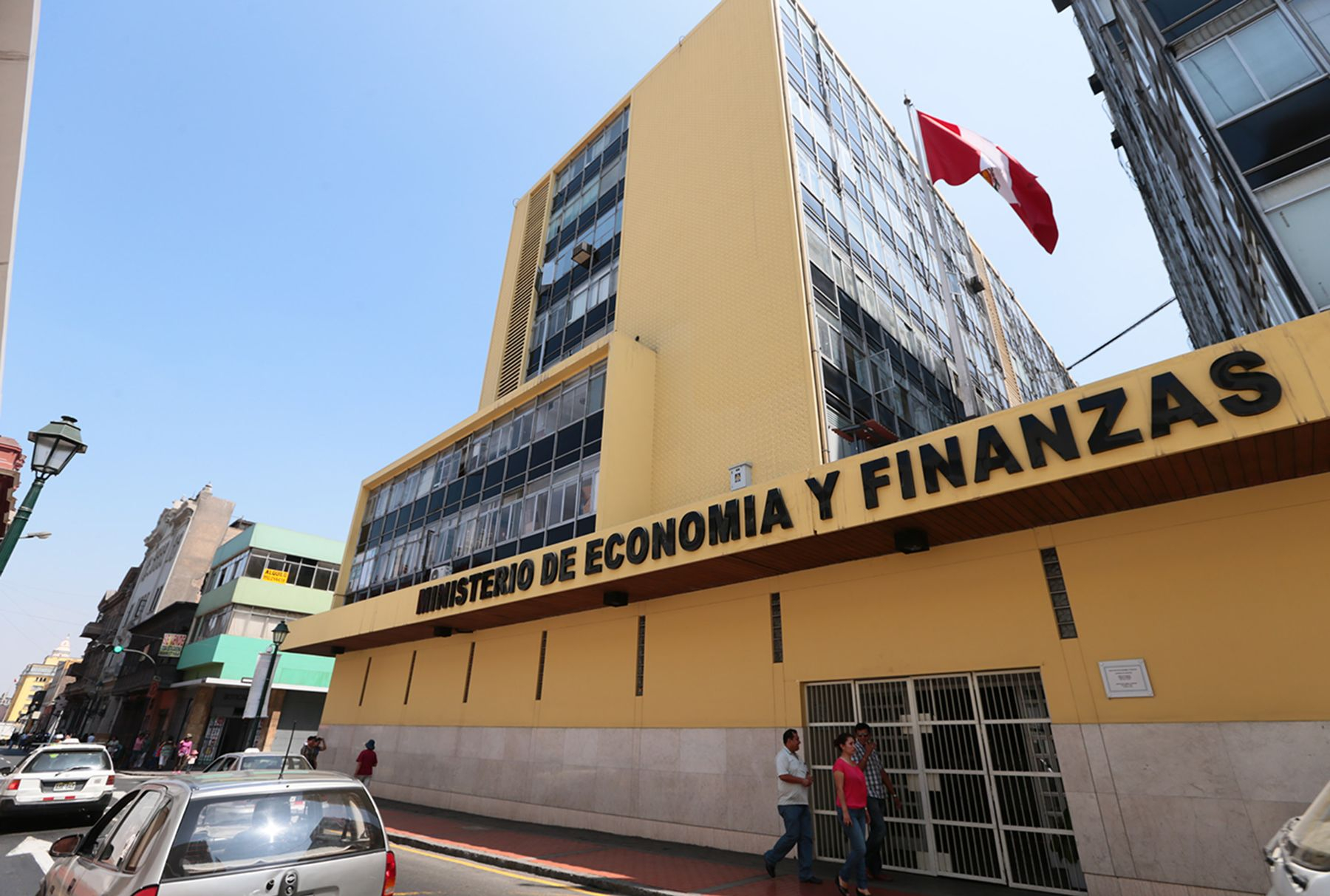
He Ministry of Economy and Finance (MEF) published Ministerial Resolution No. 288-2023-EF/10, which approves the Internal Regulations of the Permanent Multisectoral Commission called “High Level Commission for monitoring and evaluating the progress of public, private and public-private investments (CANSEIP )”.
The Canseipp —created by Supreme Decree No. 236-2022-EF— is a high-level, multisectoral space aimed at promoting intersectoral articulation for timely decision-making aimed at making viable the effective execution of prioritized public, private and public-private investments. in different sectors.
The commission is chaired by the president of the Presidency of the Council of Ministers (PCM) and is made up of the heads of the Economy and Finance (MEF), Energy and Mines (Minem), Agrarian Development and Irrigation (Midagri) portfolios. , Education (Minedu), Health (Minsa), Transport and Communications (MTC) and Housing, Construction and Sanitation (MVCS); sectors that are in charge of large-scale investment projects, with a strong impact on GDP growth and national development.
“The formation of Canseipp is a clear sign of the commitment of the Executive Branch in order to promote investment; predictability and legal certainty; institutional strengthening; and support for the rule of law, as part of the public agenda,” he highlighted. the MEF in a statement.
According to the ministry, Canseipp’s actions also reflect the commitment to “restore confidence in the country as an investment destination, as a means to develop infrastructure and services that increase the well-being of citizens and meet their basic needs “, as well as the economic sustainability of the country.
Canseipp to recover business confidence
The Specialized Investment Monitoring Team (EESI) —created in May 2013 and reporting to the MEF— is in charge of the Canseipp technical secretariat.
As part of its powers, the EESI promotes the unlocking of prioritized investment projects from the different sectors of the economy, escalating alerts to reduce gaps between the programming and execution of investments, based on constant and intensive monitoring and support, articulating spaces one by one with the public and private actors involved in investment projects.
This allows the identification of obstacles and the coordinated design of clear critical paths and integrating solutions to unblock prioritized projects.
It is worth mentioning that the EESI monitors a diversified investment portfolio in the amount of US$80.965 million, which represents 40% of GDP. So far this year, thanks to the coordinated effort with the corresponding sectors, the EESI has been making approximately US$1.2 billion of investment viable.
From the exercise of its functions and in coordination with the PCM, the EESI will propose the agenda of sessions of the Canseipp, in which the problems and obstacles identified in the prioritized projects will be reported periodically.
The objective is that the entities that own and promote public, private and public-private investments, as well as those entities in charge of making decisions for the development of said investments, identify the issues that require timely action by their sectors and adopt the immediate measures that correspond to the exercise of their functions.
Canseipp in line with OECD recommendations
The Canseipp constitutes the ideal space to promote multisectoral actions aimed at unlocking investments.
This allows greater coordination with the heads of the member sectors, as well as with other senior officials with the capacity to arrange decision-making and/or strengthen internal management, in order to provide articulated and comprehensive responses that solve the problems and obstacles identified. in the development of public, private and public-private investments in the country.
In addition, Canseipp institutionalizes good governance practices and policy objectives outlined in the National Policy for the Modernization of Public Management, as well as in recommendations from entities such as the Organization for Economic Cooperation and Development (OECD), among others.
Through the application of principles of transparency, accountability, predictability and legal certainty, public management will be strengthened and confidence in the private sector and the horizontal relationship between government and citizens will be increased, “contributing to generating public value, which will translate into sustained increases in competitiveness that the country needs to achieve its full development”.
“The Ministry of Economy and Finance —as a member of CANSEIPP— reaffirms its commitment to the responsible management of the economy, the improvement of the regulatory framework, legality and predictability, as well as the promotion of investments in the country”, refers the document.
Source: Larepublica
Alia is a professional author and journalist, working at 247 news agency. She writes on various topics from economy news to general interest pieces, providing readers with relevant and informative content. With years of experience, she brings a unique perspective and in-depth analysis to her work.












